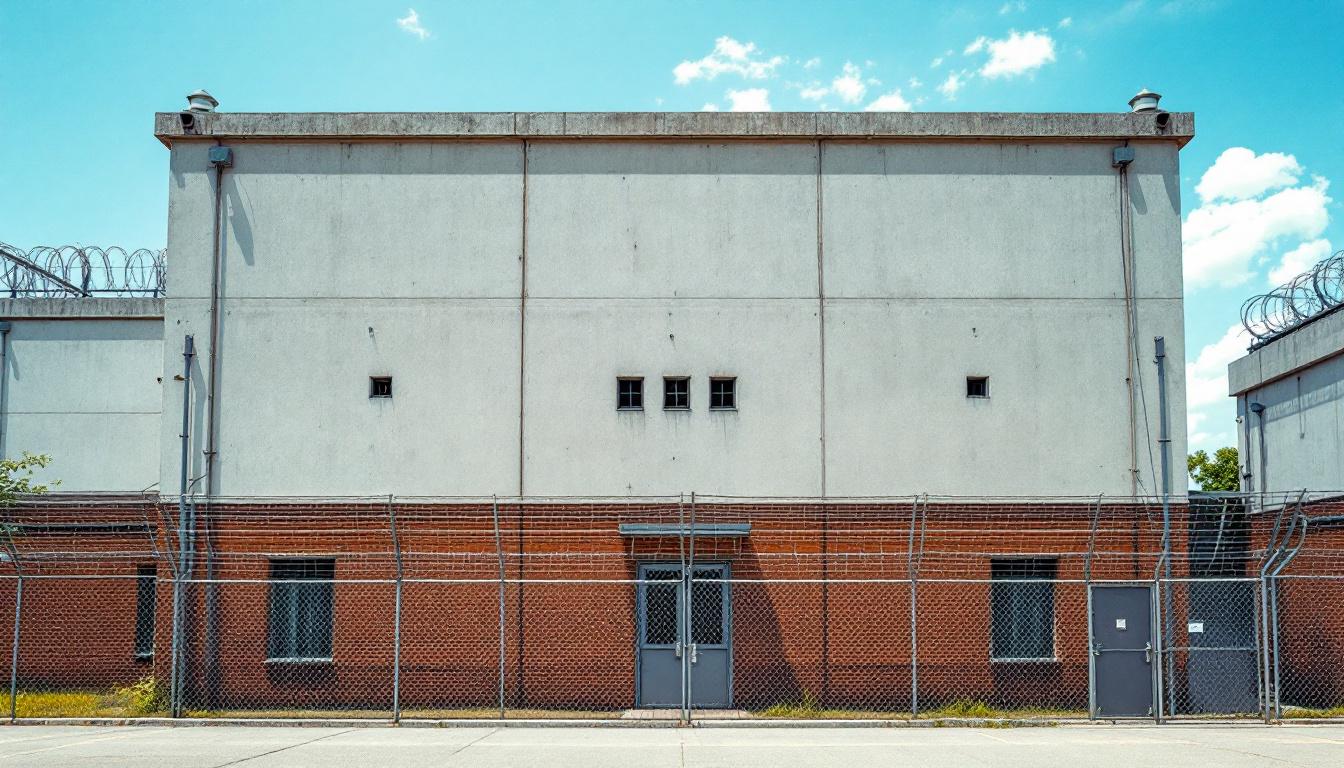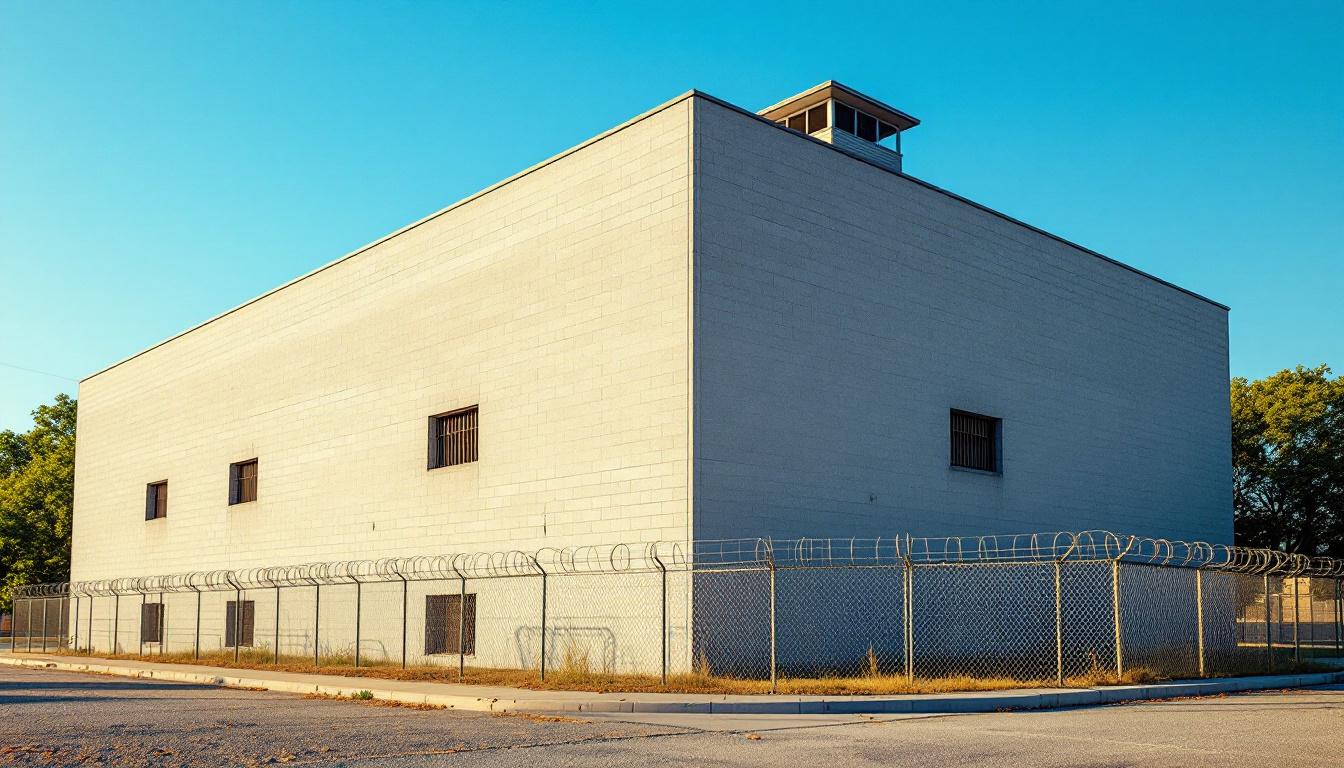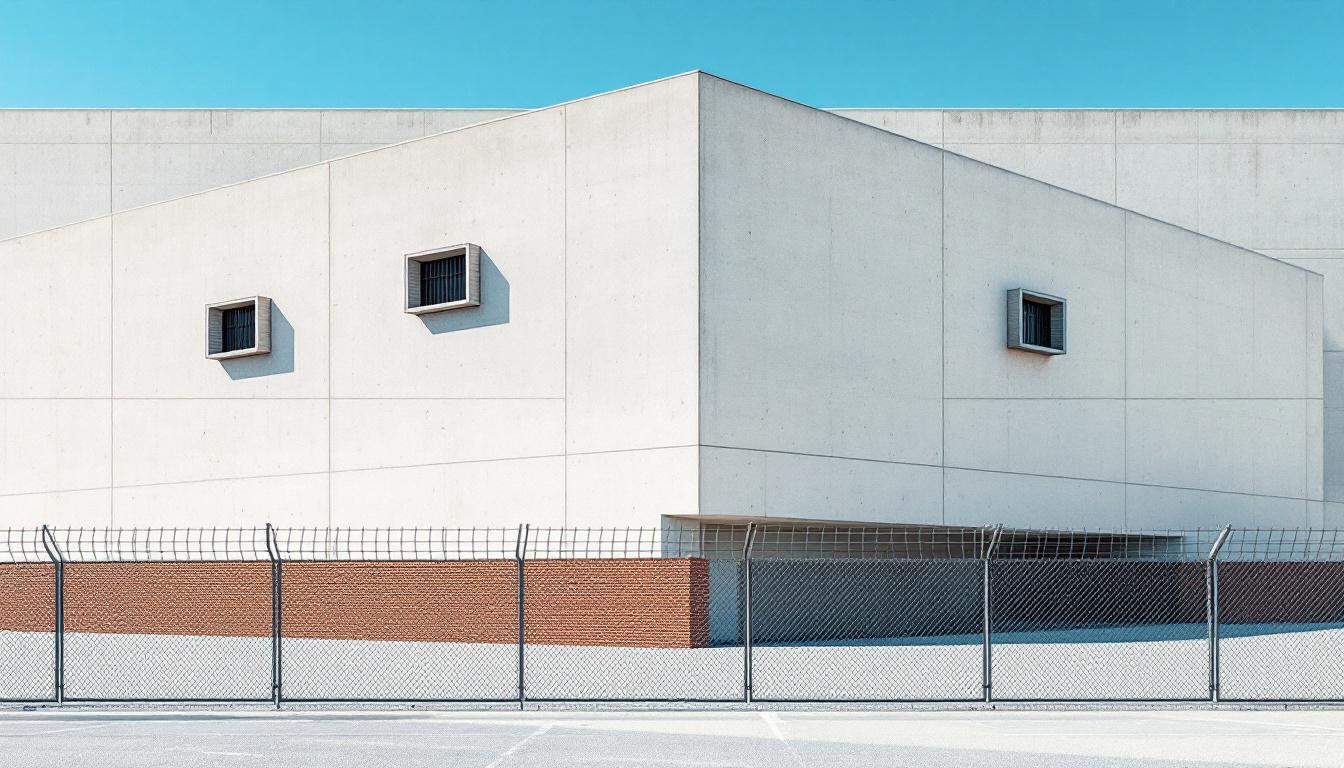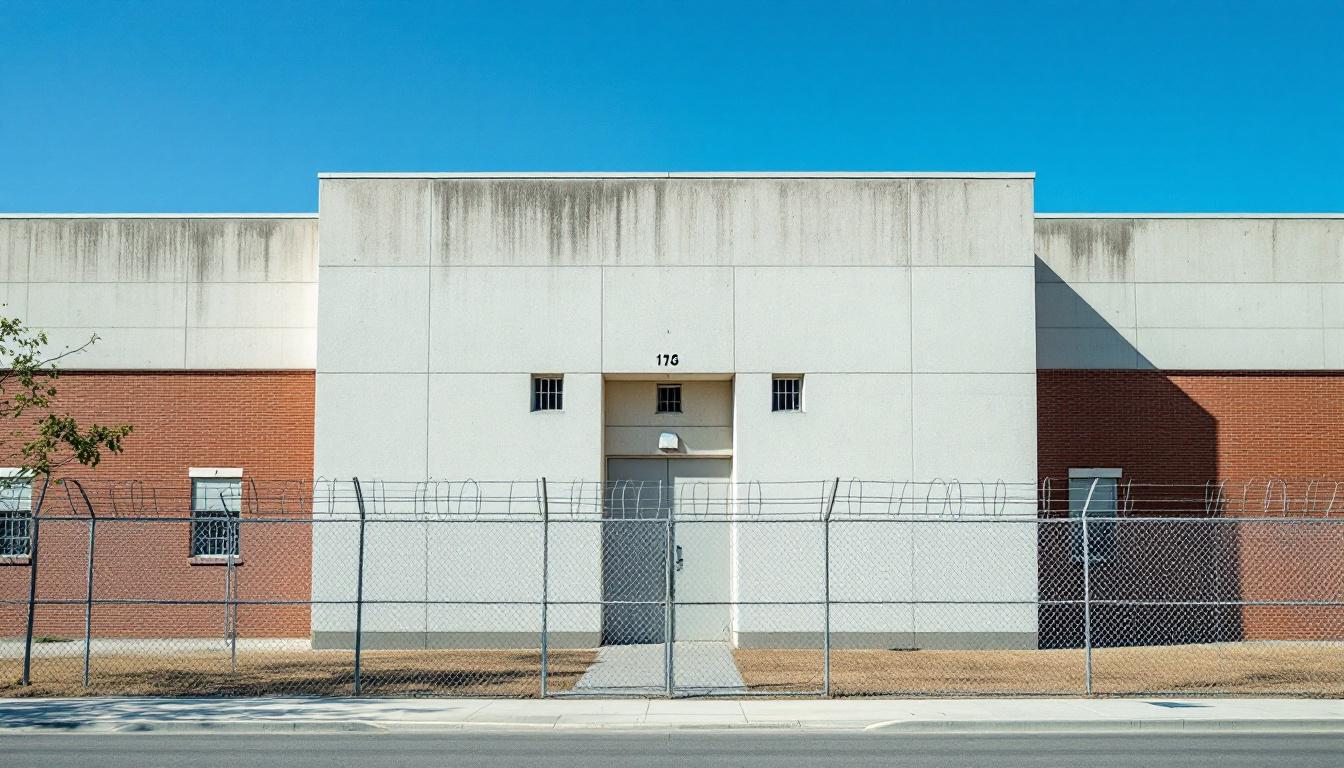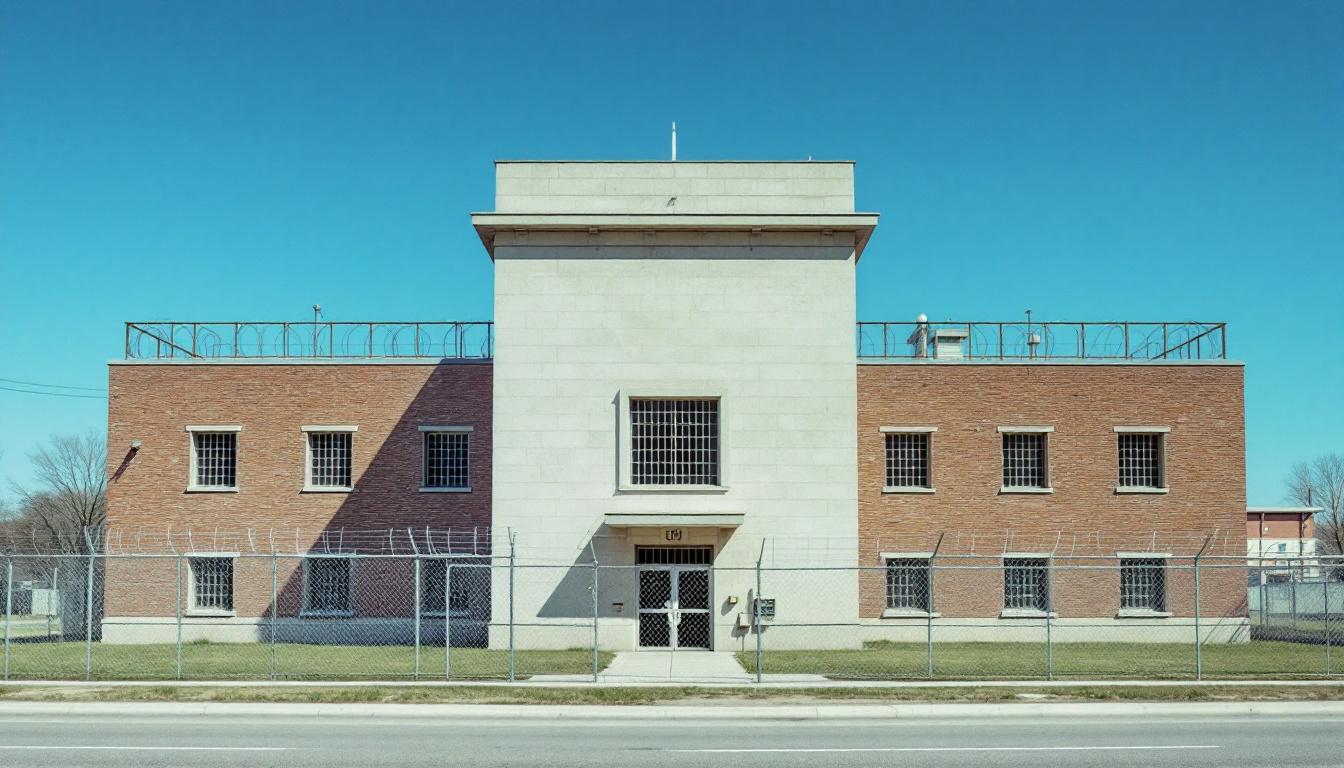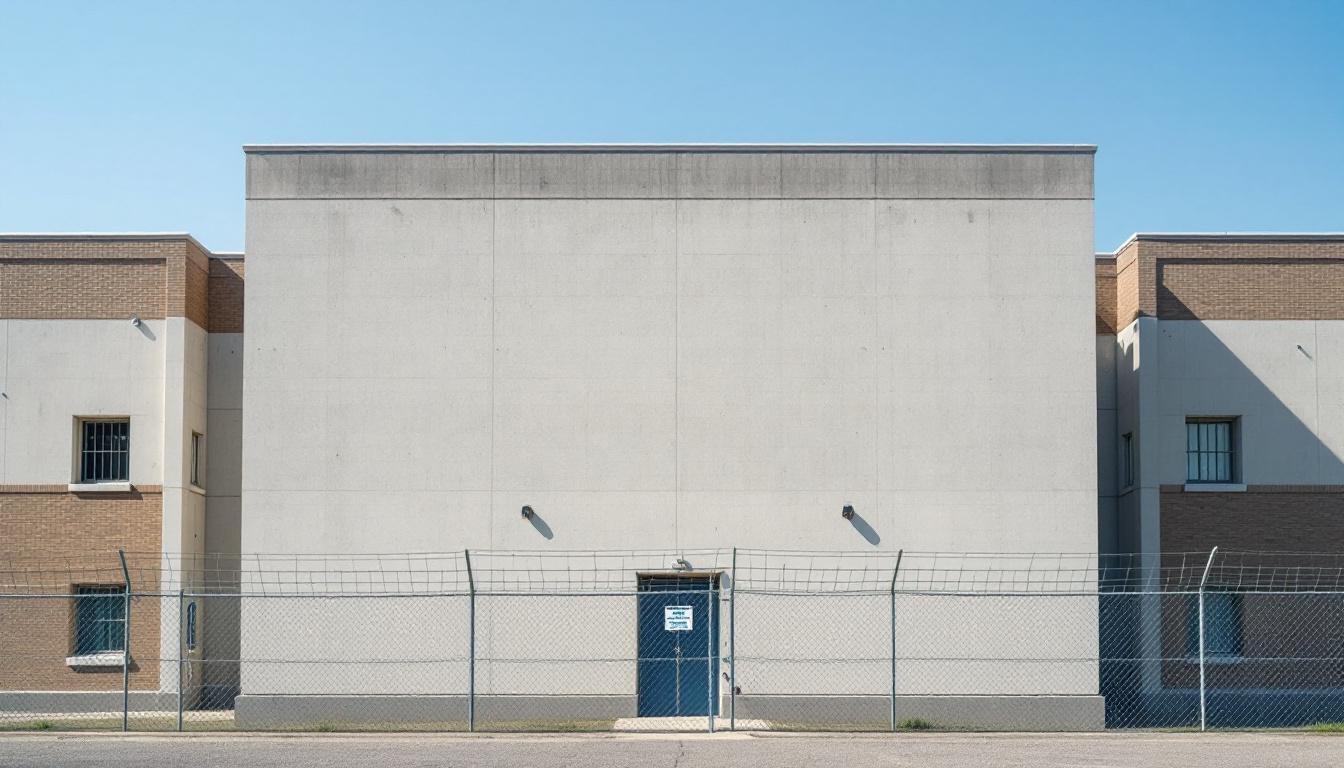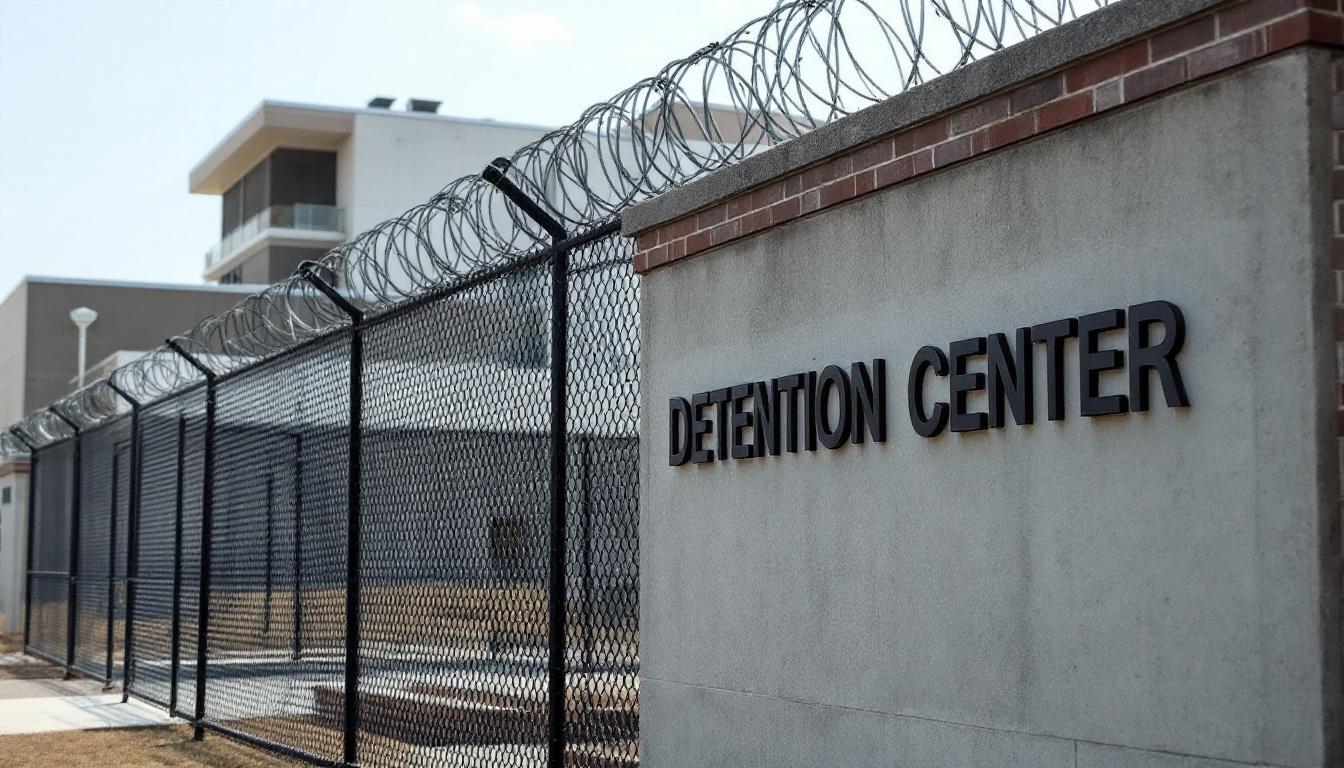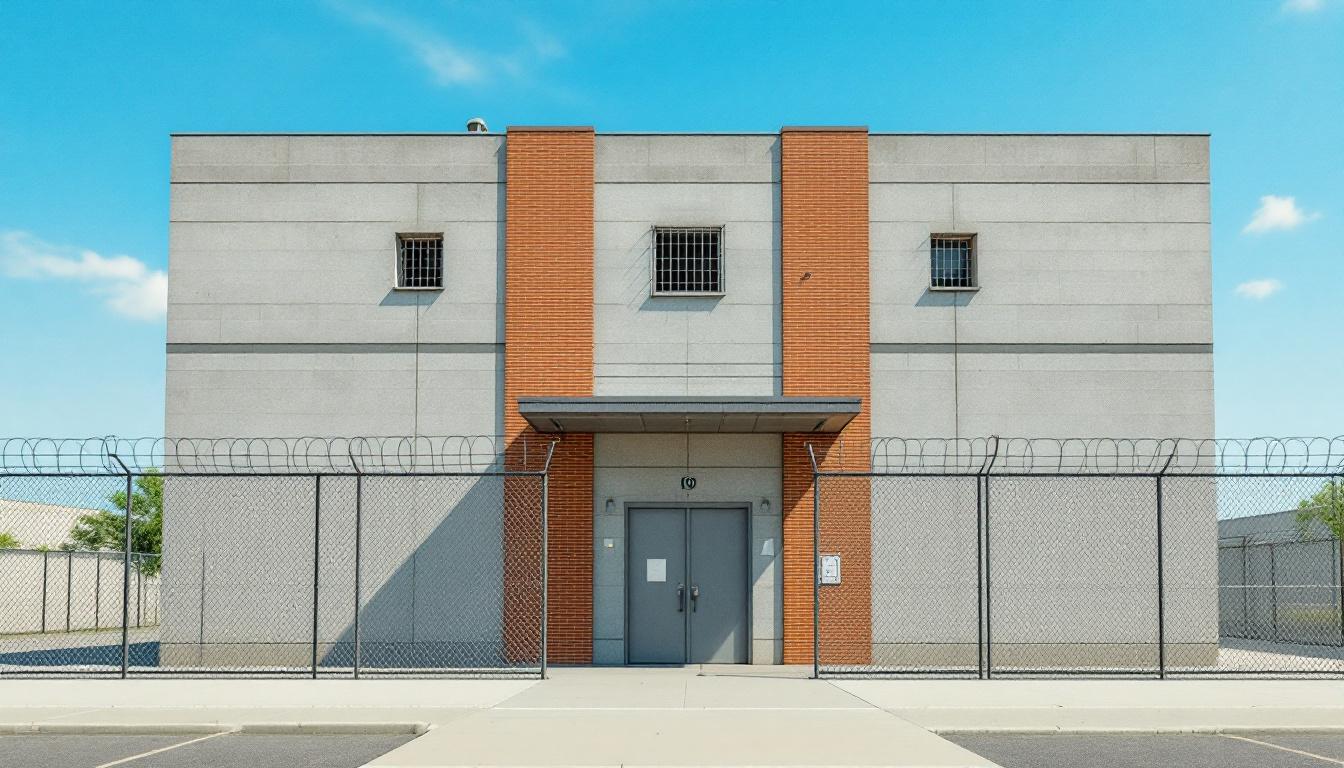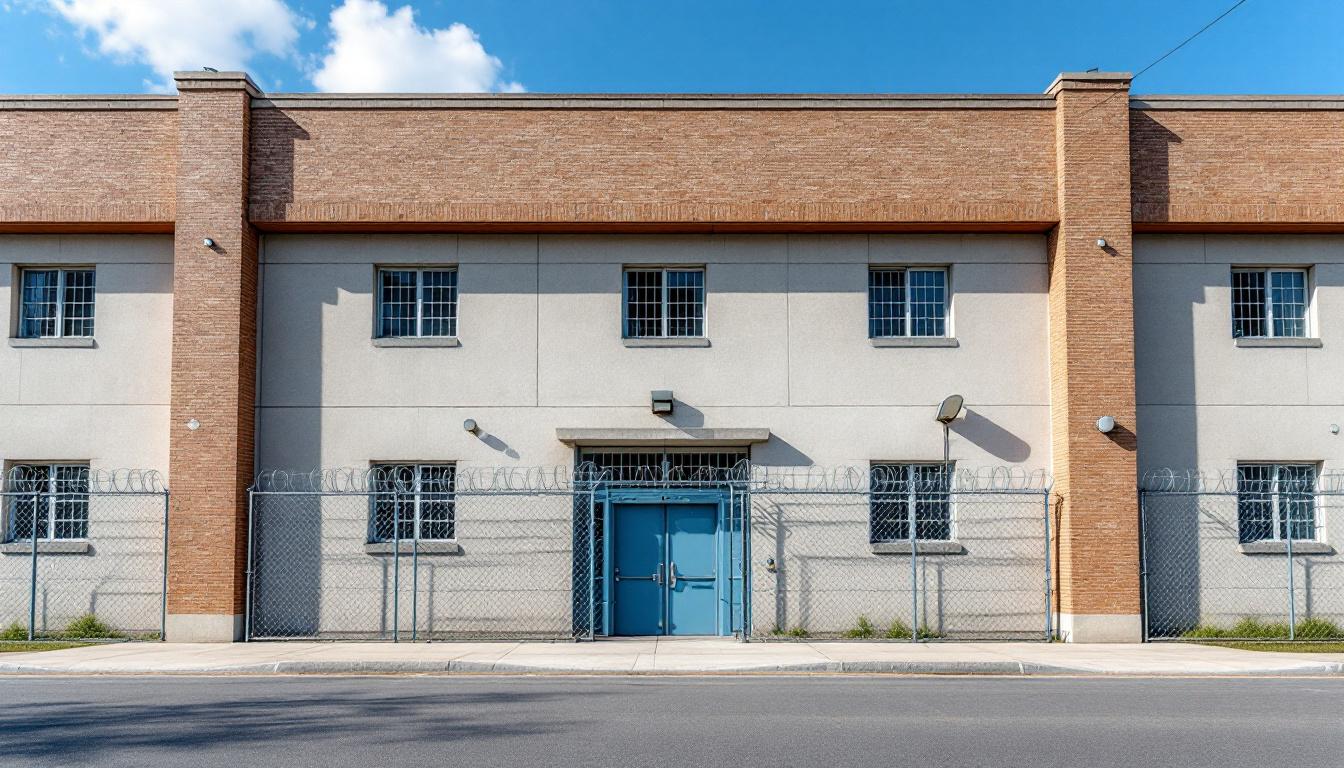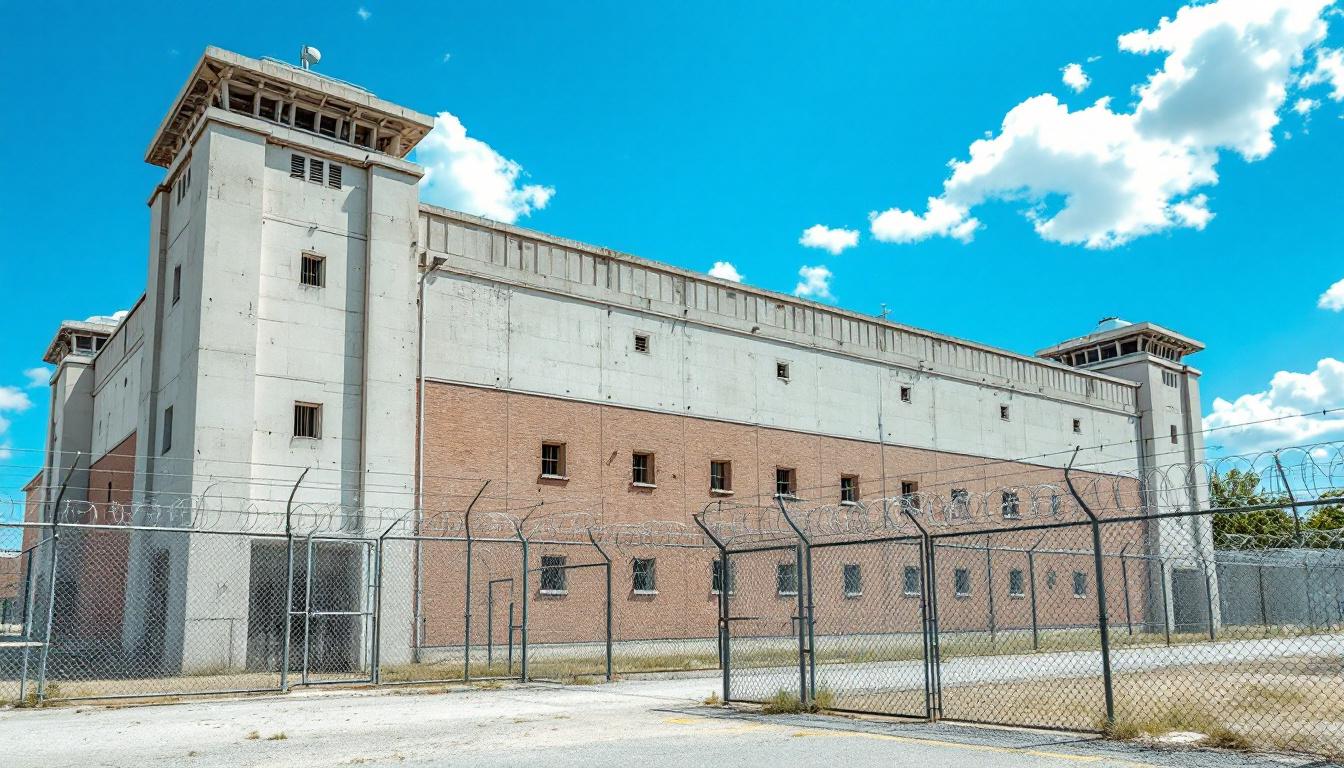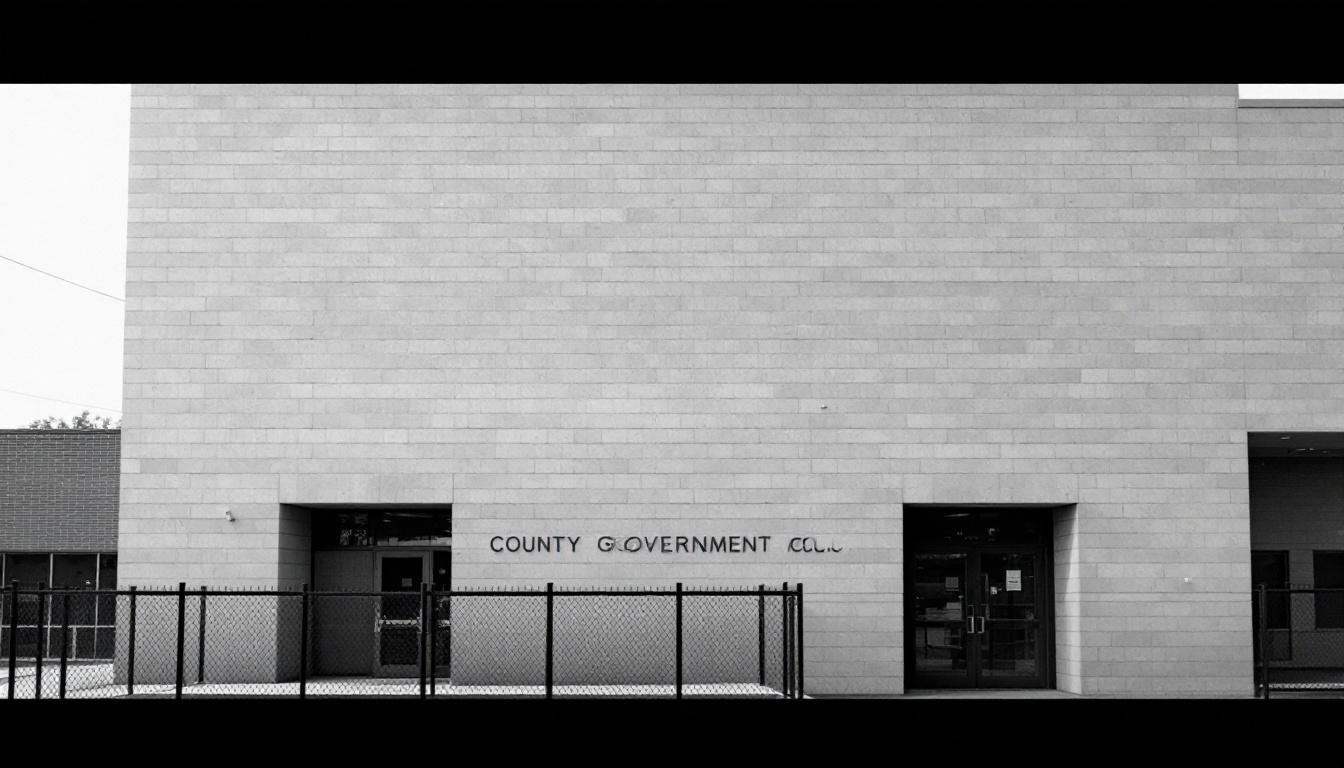
Quick Navigation
How to contact an inmate at North Piedmont Correctional
This comprehensive guide will walk you through how to connect with an inmate at North Piedmont Correctional. Follow the steps below to find an inmate and send letters and photos:
- Search for the inmate using our search tool below
- Create your account or log in to Penmate
- Write your message (up to 6,000 characters)
- Send instantly - inmates receive printed copies daily
Find an Inmate
Search for an inmate to start communicating today
Tip: You can search by first name, last name, or inmate ID number
To contact a person at North Piedmont Correctional start by searching for the person on the official facility website. Perform a search by following these steps:
- Step 1: Enter their first name and last name into the search form and click "Search"
- Step 2: Locate their inmate record
- Step 3: Write down their Inmate ID and any housing information provided
Important! Be sure to enter the person's full name. Nicknames should not be used.
How to Send Messages to Inmates

You can use your phone or computer to send emails, letters, and photos to an inmate. Messages are sent electronically to inmate tablets or kiosks at the facility. If you would like to send a message, start by searching for an inmate at North Piedmont Correctional.
Sending Photos and Postcards

A great way to send love and support to a loved one at North Piedmont Correctional is to send photos and postcards. It only takes a few minutes to send photos from your phone and it makes a huge difference. You can also mail postcards with words of support and inspiration, or design your own postcard for special moments like birthdays and holidays.
Important! Be sure not to send any explicit photos or they may not be approved by the facility. You can also use a photo printing app like Penmate to make sure your photos are printed at the correct size (4x6 or 3x5) and are mailed according to the rules and regulations of North Piedmont Correctional.
Frequently asked questions about North Piedmont Correctional
-
How long does it take to deliver a message?
If you're sending an email message your letter is usually delivered within 24-48 hours. For messages sent via mail you should expect delivery within 3-7 days. All messages will need be approved by North Piedmont Correctional.
-
How much does it cost to send a message to North Piedmont Correctional?
You can send a message free using your phone or mail a message via USPS for the price of a $0.60 stamp and envelope. You can also purchase credits or e-stamps from services starting at $1.99.
-
What services can I use to contact an inmate at North Piedmont Correctional?
Penmate
You can use Penmate to send letters and photos to an inmate from your phone. It's an easy way to stay in touch during your loved one's incarceration. Use the inmate locator to find an inmate's location and contact information, then you can send messages within a few minutes.
Securus messaging
Securus may be another option for communicating with an inmate at North Piedmont Correctional. You can create a friends and family account and purchase credits to send messages. All messages will be reviewed and must be approved by the facility.
JPay
Some county jails and state prisons may support sending messages with JPay. You must register an account with the system, find your loved one, and purchase stamps to send messages. For some locations you can also attach photos.
Smart Jail Mail
You may also check if Smart Jail Mail is available at North Piedmont Correctional. Smart Jail Mail is operated by Smart Communications and has contracted with some state and county jails. After purchasing credits, your messages and photos are sent to the facility, printed out, and then handed out to your loved one.
-
What is the mailing address of North Piedmont Correctional?
Mailing address:
North Piedmont Correctional
1420 Raleigh Rd
Lexington, NC 27292
Phone: (336) 242-1259 -
What are the visiting hours at North Piedmont Correctional?
Visiting hours at North Piedmont Correctional vary by housing unit and security level. Generally, visits are scheduled on weekends and holidays, with some facilities offering weekday visits. Contact the facility directly at (336) 242-1259 or check their website for the current visiting schedule. Visits typically last 30-60 minutes and must be scheduled in advance.
-
What items are prohibited when sending mail to North Piedmont Correctional?
Prohibited items typically include: cash, personal checks, stamps, stickers, glitter, glue, tape, staples, paperclips, polaroid photos, musical or blank greeting cards, hardcover books, magazines with staples, and any items containing metal or electronics. Only send letters on plain white paper with blue or black ink. Photos must be printed on regular photo paper (no Polaroids). Always check with North Piedmont Correctional for their specific mail policies.
-
How do I send money to an inmate at North Piedmont Correctional?
You can send money to an inmate at North Piedmont Correctional through several methods: 1) Online using JPay, Access Corrections, or the facility's approved vendor, 2) Money orders mailed directly to the facility with the inmate's name and ID number, 3) Kiosks located in the facility lobby, or 4) Over the phone using a credit or debit card. Fees vary by method, typically ranging from $2.95 to $11.95 per transaction.
-
Can I schedule a video visit with an inmate at North Piedmont Correctional?
Many facilities now offer video visitation as an alternative to in-person visits. At North Piedmont Correctional, video visits may be available through services like Penmate, Securus Video Connect, GTL, or ICSolutions. Video visits typically cost $10-20 for 20-30 minutes and must be scheduled in advance. You'll need a computer or smartphone with a camera and reliable internet connection. Contact the facility for their specific video visitation policies and approved vendors.
-
What identification do I need to visit an inmate at North Piedmont Correctional?
All visitors must present valid government-issued photo identification such as a driver's license, state ID, passport, or military ID. Minors must be accompanied by a parent or legal guardian who can provide the minor's birth certificate. Some facilities require visitors to be on the inmate's approved visitation list, which may require a background check. Contact North Piedmont Correctional for specific ID requirements and visitor approval procedures.
-
How can I find out an inmate's release date?
To find an inmate's release date at North Piedmont Correctional, you can: 1) Use the online inmate search tool if available, 2) Call the facility's records department, 3) Contact the inmate's case manager or counselor, or 4) Have the inmate provide this information during a call or visit. For privacy reasons, some facilities only release this information to immediate family members.
Facility Overview
Contact Information
North Piedmont Correctional1420 Raleigh Rd
Lexington, NC 27292
Phone: (336) 242-1259
Official Website
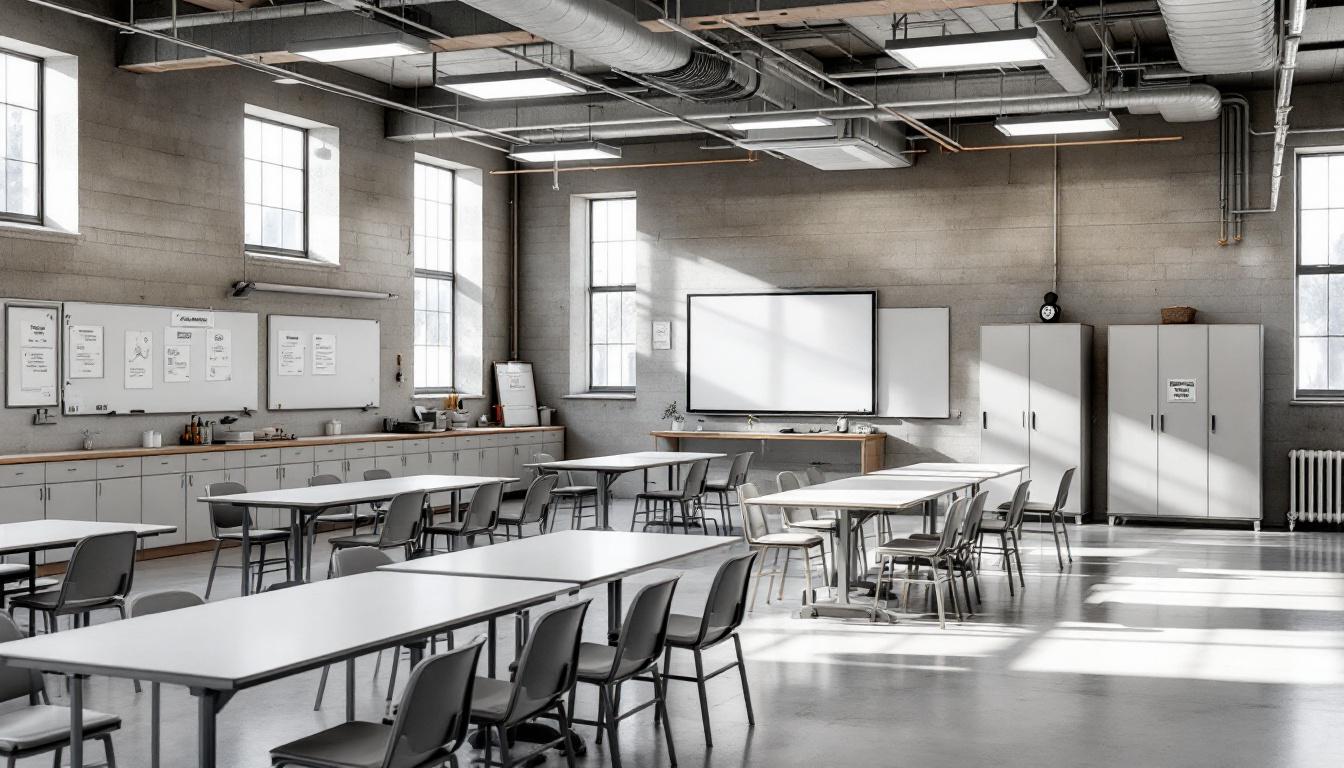
About North Piedmont Correctional
Correctional facilities serve as structured environments where evidence-based rehabilitation methodologies intersect with public safety imperatives, creating systematic pathways for individuals to address underlying behavioral patterns while maintaining community protection. Within North Carolina's comprehensive correctional framework, NORTH PIEDMONT CRV operates as a specialized residential facility in Phoenix, contributing to the state's multi-tiered approach to offender management and community reintegration processes.
Located in the rural landscape of Phoenix, North Carolina, this NC correctional facility typically functions within the state's community-based correctional system, where structured residential programming may focus on transitional services and behavioral modification approaches. The facility generally emphasizes evidence-based treatment modalities that address substance abuse issues, cognitive behavioral interventions, and life skills development programs designed to support successful community reintegration. Through systematic case management processes, the population services often include individualized treatment planning, family reunification support, and coordination with community-based organizations to establish sustainable post-release connections.
The operational framework at NORTH PIEDMONT CRV typically integrates therapeutic community principles with accountability measures, creating an environment where participants engage in structured daily programming while gradually assuming increased personal responsibility. Staff members generally facilitate group counseling sessions, educational workshops, and vocational readiness activities that prepare individuals for successful transition back to their home communities. This process-oriented approach to rehabilitation recognizes that sustainable behavioral change requires comprehensive support systems, making family involvement and community partnership development essential components of the facility's overall mission to enhance public safety through effective offender transformation.
Programs & Services
Through comprehensive service delivery, NORTH PIEDMONT CRV demonstrates its commitment to fostering meaningful change within the population through carefully structured programs that address multiple facets of personal development. The facility's approach recognizes that successful reintegration requires more than basic containment, instead emphasizing skill-building and therapeutic intervention that may supply individuals with essential tools for community reentry. This philosophy permeates throughout the institution's various offerings, creating an environment where participants can engage in transformative experiences that often include both individual and group-based interventions designed to address underlying issues while building practical capabilities.
Educational services form a cornerstone of the facility's programming structure, typically providing opportunities for academic advancement through structured learning environments that may accommodate various skill levels and learning needs. Tutoring programs complement these educational services by offering individualized support that helps participants overcome specific academic challenges while working toward completion of their educational goals. In addition to this academic foundation, vocational training programs often include hands-on instruction in practical trades and skills that enhance employability upon release, with curriculum typically designed to align with regional workforce demands and provide certifiable competencies that employers value in the community.
Therapeutic programs address the complex behavioral and psychological factors that may have contributed to criminal involvement, with substance abuse programs typically offering evidence-based treatment modalities that help participants develop coping strategies and maintain sobriety. Sex offender treatment programs may supply specialized intervention designed to reduce recidivism risk through cognitive-behavioral approaches and relapse prevention techniques. Chaplaincy programs often include spiritual guidance and faith-based support that can provide comfort and moral direction during incarceration, while restorative justice initiatives typically focus on helping participants understand the impact of their actions on victims and communities, fostering accountability and empathy that may facilitate healing for all parties involved in the criminal justice process.
Daily Life & Visitation
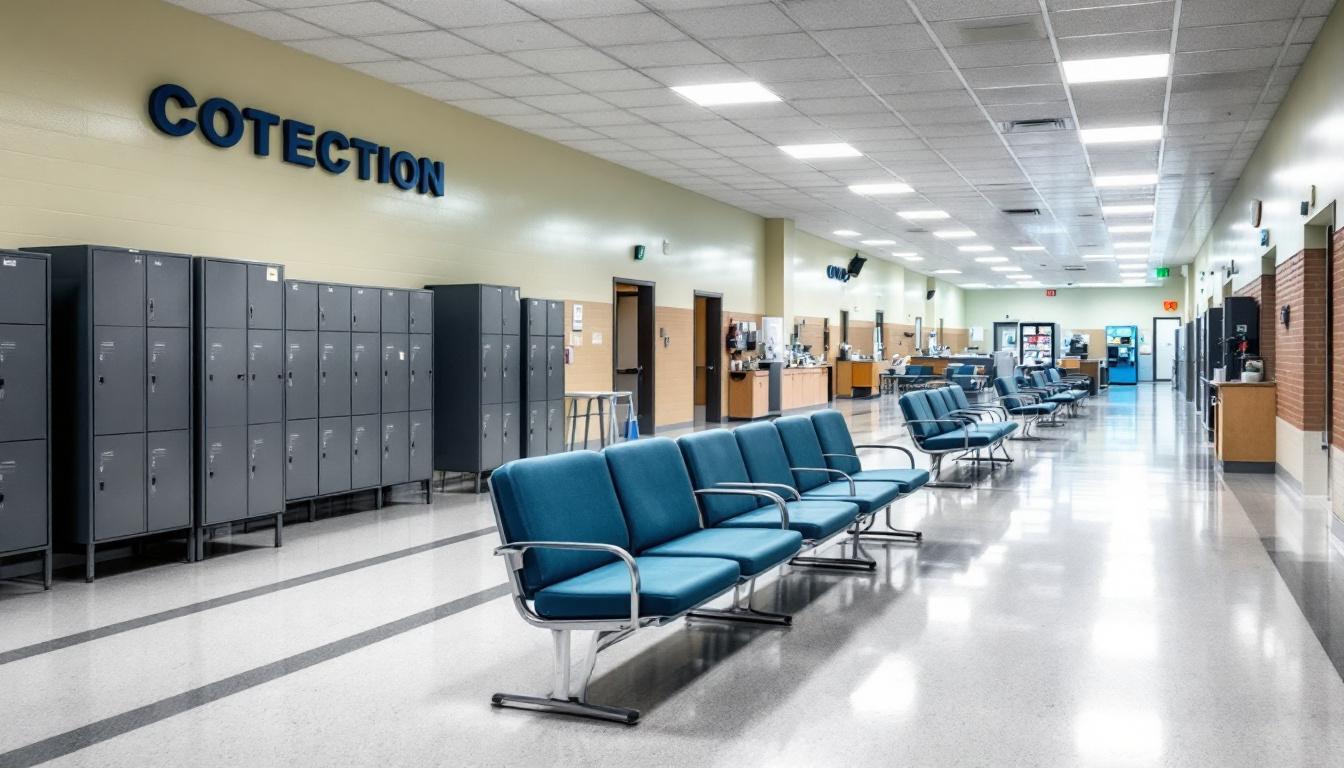
Structured routines and clearly defined expectations shape every aspect of the experience for the population at North Piedmont CRV, where systematic organization currently governs the flow of daily activities and continues to provide predictability within the residential environment. The facility typically operates on a schedule that generally begins with early morning wake-up calls, followed by count procedures, meal service, and structured programming blocks that supply framework for educational, vocational, and therapeutic activities throughout the day. Work assignments often include maintenance duties, food service operations, laundry services, and administrative support roles that help maintain facility operations while providing the population with practical skills and daily structure.
In addition to this organizational framework, living accommodations typically consist of dormitory-style housing units or smaller residential pods where residents share common areas and dining spaces. The population usually receives three meals daily in designated dining areas, with menu planning that generally follows nutritional guidelines and accommodates various dietary requirements. Personal property allowances may include basic clothing items, hygiene supplies, and limited personal effects, while commissary services typically provide opportunities for residents to purchase additional approved items using funds from their institutional accounts.
Despite this structured environment, recreational opportunities and family connections remain important components of daily life, with programming that often includes physical fitness activities, educational classes, and group therapy sessions designed to support rehabilitation goals. Visitation policies generally allow for scheduled visits with approved family members and friends, while communication options may include monitored phone calls and correspondence privileges. The facility typically maintains structured programming schedules that supply residents with opportunities for personal development, substance abuse treatment, and pre-release preparation activities that help prepare the population for successful community reintegration.
Ready to Connect?
Start communicating with your loved one today
Search for an Inmate
